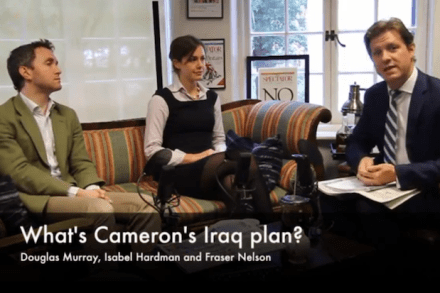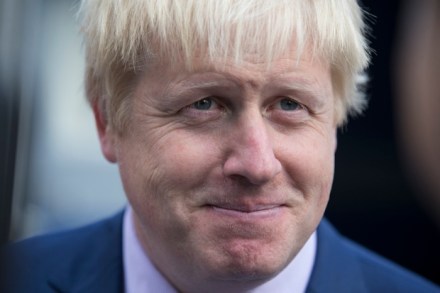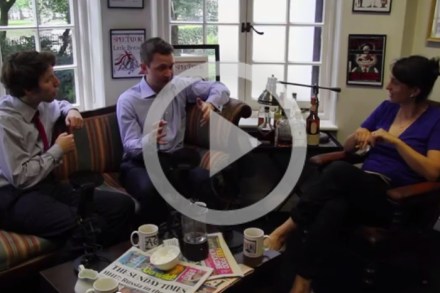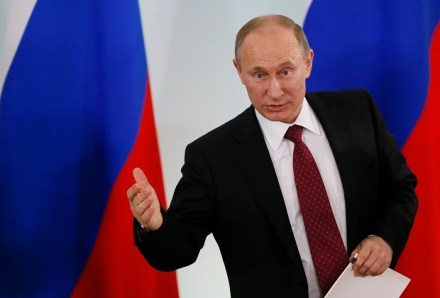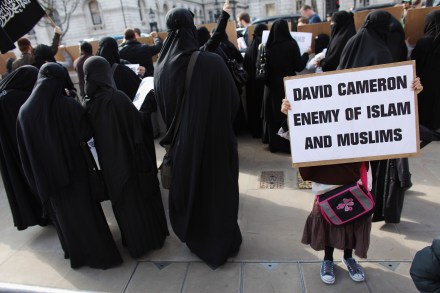How can Jews oppose Muslim anti-Semitism without being ‘Islamophobic’?
On Sunday there was a rally in London demanding ‘zero tolerance’ of anti-Semitism. About 4,500 people gathered in front of the Royal Courts of Justice. Speakers who addressed the crowds included the Chief Rabbi, Maajid Nawaz and me. Among the things I told the crowd was to expect more and to demand more of their ‘communal leadership’. Long-term readers will know that I’ve never had much time for communal leadership of any kind. I don’t like the groups who claim to speak on behalf of all Muslims – groups which disproportionately represent a politicised and fundamentalist hard-line interpretation of their faith. And I don’t like groups that have claimed to




